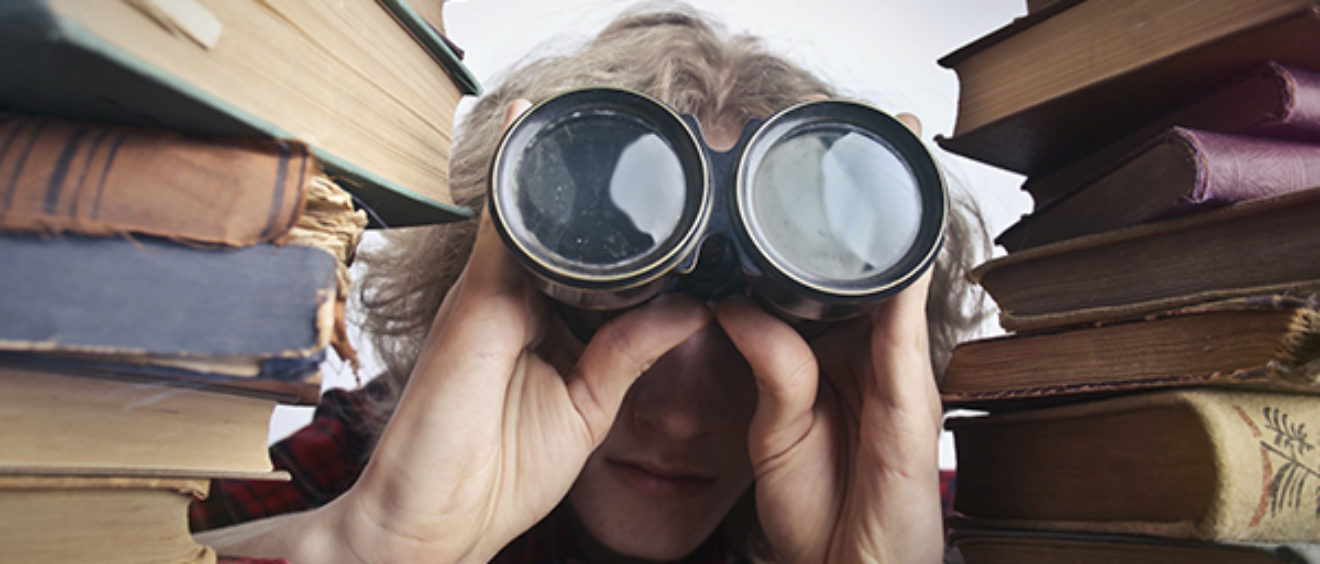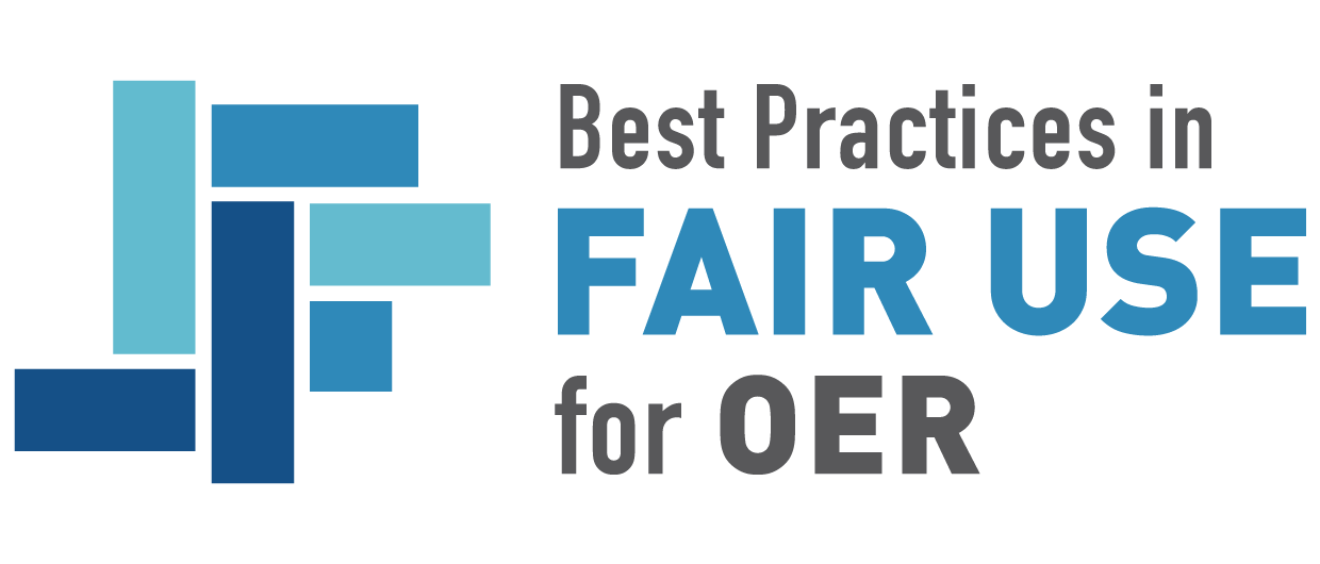This week is Fair Use/Fair Dealing Week, an annual celebration of the important doctrines of fair use and fair dealing. The week is designed to highlight and promote the opportunities presented by fair use and fair dealing, celebrate successful stories, and explain these doctrines.
Check out all the great posts from Day 2 of Fair Use/Fair Dealing Week 2021! Don’t see yours? Email kaylyn@arl.org to get it added! You can view previous roundups here.
Blog Posts/News
“Apple v. Corellium: Some Early Takeaways for Software Fair Use,” Brandon Butler, Copyright at Harvard Library blog
“Copyright Is Complicated, Your Library Can Help,” Red River College Library
“Do Communication Scholars Need Fair Use?,” Aram Sinnreich, Center for Media and Social Impact Blog
“Fair Dealing Week 2021: Fair Dealing–Myths and Facts,” Lachlan MacLeod, Dalhousie University Libraries’ The Libvine blog
“Fair Dealing Week 2021: What Is Fair Dealing?,” Lachlan MacLeod, Dalhousie University Libraries’ The Libvine blog
“Fair Use Best Practices for Open Education Resources Endorsed by ARL,” Cynthia Hudson-Vitale, ARL Views blog
“ ‘Fair Use’ Is Your Best Friend!,” Michael Ladisch, UC Davis Library
“Fair Use Week 2021: Resource Roundup,” Authors Alliance
“Imagine,” Meera Nair, Fair Duty blog
Events
“All about Fair Use,” webinar with Christine Fruin on the fair use statute and how case law from the last 30 years has both confused and clarified its application for libraries, hosted by Atla
“Copyright and Fair Dealing: Lessons Learned in COVID-19 Quarantine,” presentation by Carys J. Craig, hosted by University of Alberta
“Fair Dealing and Education: Access Copyright v. York University,” presentation by Pascale Chapdelaine, hosted by University of Alberta
“Fair Dealing Week: Copyright and Education, 2021 Update,” panel discussion with Julia Shin Doi, Carol Shepstone, and Ann Ludbrook, hosted by Ryerson University Library
“Fair Use in Higher Education: A Conversation with Kyle Courtney,” lecture cosponsored by Longwood University Intellectual Property Committee and Greenwood Library
“Fair Use: Using Copyrighted Materials in Research and Teaching,” virtual workshop offered by NYU Libraries’ Scholarly Communications & Information Policy Department
“Join Copyright Services for Fair Use Week 2021,” drop-in consultation with Ohio State University Libraries’ Copyright Services
Resources
“Copyright and Fair Use: Start Here,” Boise State University Albertsons Library
“Copyright Resources to Support Publishing and Teaching: Fair Use,” Penn Libraries
“Copyright: The Law and Guidelines: Fair Use,” University at Albany, SUNY, University Libraries
“Dalhousie Fair Dealing Guidelines,” Dalhousie University Libraries
“Fair Dealing Decision Tool,” Copyright Consortium of the Council of Ministers of Education, Canada
“Fair Dealing Flowchart,” University of Waterloo
“Fair Dealing Tool,” Red River College Library
“Fair Use Week 2021 Resource Roundup,” Authors Alliance
Videos
“Fair Dealing Week 2021,” 2:40-minute video, University of Waterloo Library


